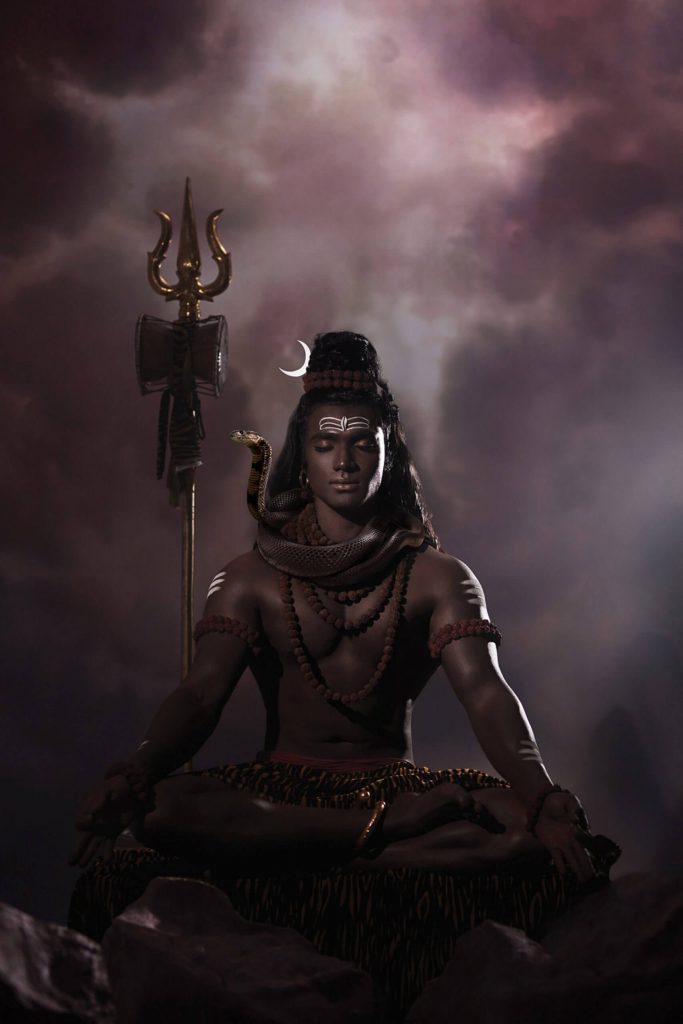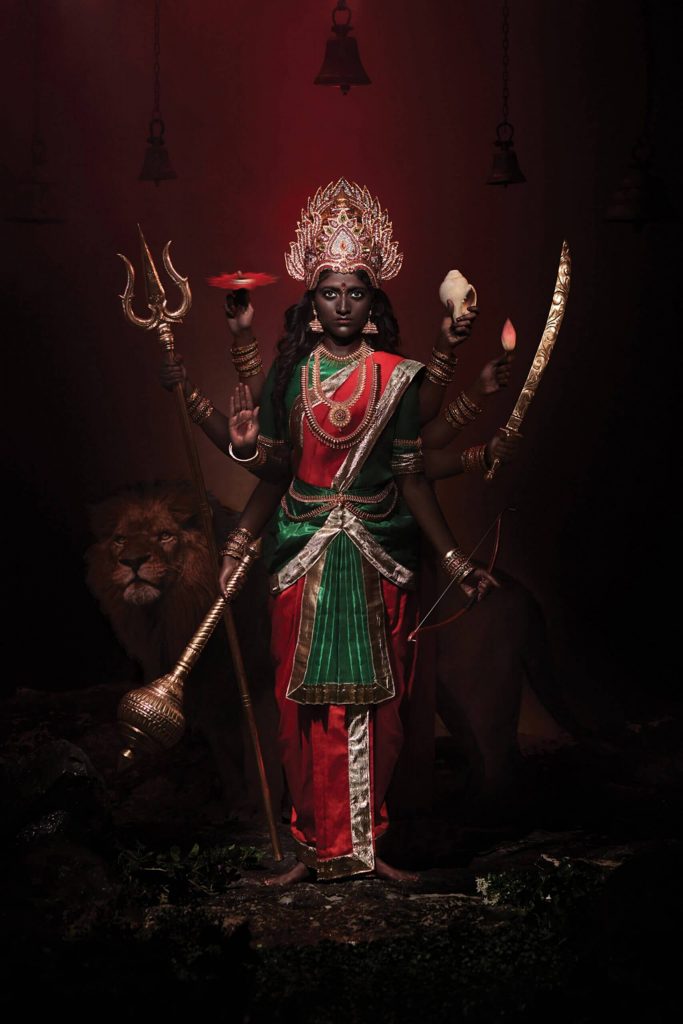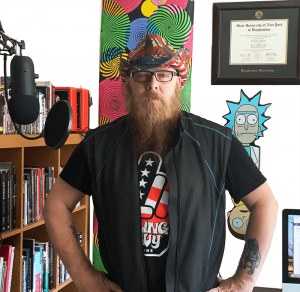

mythos speech narrative fiction myth plot
Myths of the World
This course meets the following requirements: Lower Division: GE C2: Humanities GE C3 or C2: Humanities/Lit., SF State Studies: Global Perspectives
This class is fully asynchronous online in iLearn.
Course Description
Welcome to Myths of the World. This course explores a series of really hard problems. What is myth? What is the function of myth in relation to different cultures and historical time periods? What does the study of myth teach us about the formation of different cultures, as well as our own peculiarly modern era? And what does myth have to teach us about truth and lies? Finally, how can we productively think the relation between myth and our everyday lives, today?
According to the Oxford English Dictionary (OED), the word “myth” is derived from the ancient Greek, mythos, “μῦθος speech, narrative, fiction, myth, plot.” Many of our contemporary uses of the word “myth,” derived from the Greek mythos, have been inherited from classification schemas of the 18th and 19th centuries in Europe, when scholars attempted to classify and name everything in existence in order to create a literal “encyclopedia of human knowledge.” Thus, mythos, a word originally used to refer to speech, word, or discourse, uniquely speaks to us about both ancient and modern cultures.
This course is an experiment in thinking mythos. To help us do this, we will watch cheesy documentaries about mythology (Myths and Monsters), read theorists of mythology (Roland Barthes, Lewis Hyde), classists (Mary Beard), study the trickster mythology of indigenous people, the tale of the Monkey King, the ghost dance performed by native peoples, look at the relation between the superhero and ancient myth (What is a Superhero?), watch episodes of Rick and Morty and Watchmen (if we find the time), study and unpack the uniquely modern myth of race, and read selections from Pu Songling’s Strange Tales from a Chinese Studio (Liaozhai zhiyi) (1679), think about the myth of Atlantis with Celeste Olalquiaga, and read and analyze selections from Ovid’s Metamorphosis.
Of particular interest to our study will be the social context within which particular genres of myth have emerged: the specific cultures, peoples, and times through which these myths emerged, as well as the ways particular myths have been used as ways of making the self (subjectivities). Finally, it is more than okay for us to ask the question: what are the myths that shape and define our lives, our culture, our society, today?
Everyone is welcome in this class. This class is a learning community—a space where students are allowed to have a voice and where we are all learning together. This course is an experiment which means it is a collaboration. It’s really important, especially with what is going on in the world, that we be kind to each other, support each other and strive to be respectful of our differences, our contributions, our backgrounds and our points of view. As a learning community, this class strives to be inclusive in every way.
Large courses can sometimes make class discussions and interactions more difficult. I am a performative teacher and I do my best to teach my courses through meaningful discussion and engagement. Whenever possible, I try to mitigate for, and work within, the limits that the larger course format provides. This is another reason why we need to be kind to each other and acknowledge that we are a learning community and we are all learning together. I need everyone to remember that there are a lot of unique, separate, people in our classroom and I am always doing my best to teach each and every one of you, together.
Please note that historical myths often contain depictions that many people find offensive or inappropriate, today. Studying forms of cultural expression, from stories to depictions in artwork, media and film, does not constitute endorsement of these forms of expression.
Please reach out to me if you need anything at all. That is what I am here for.
this course is a journey into mythos
